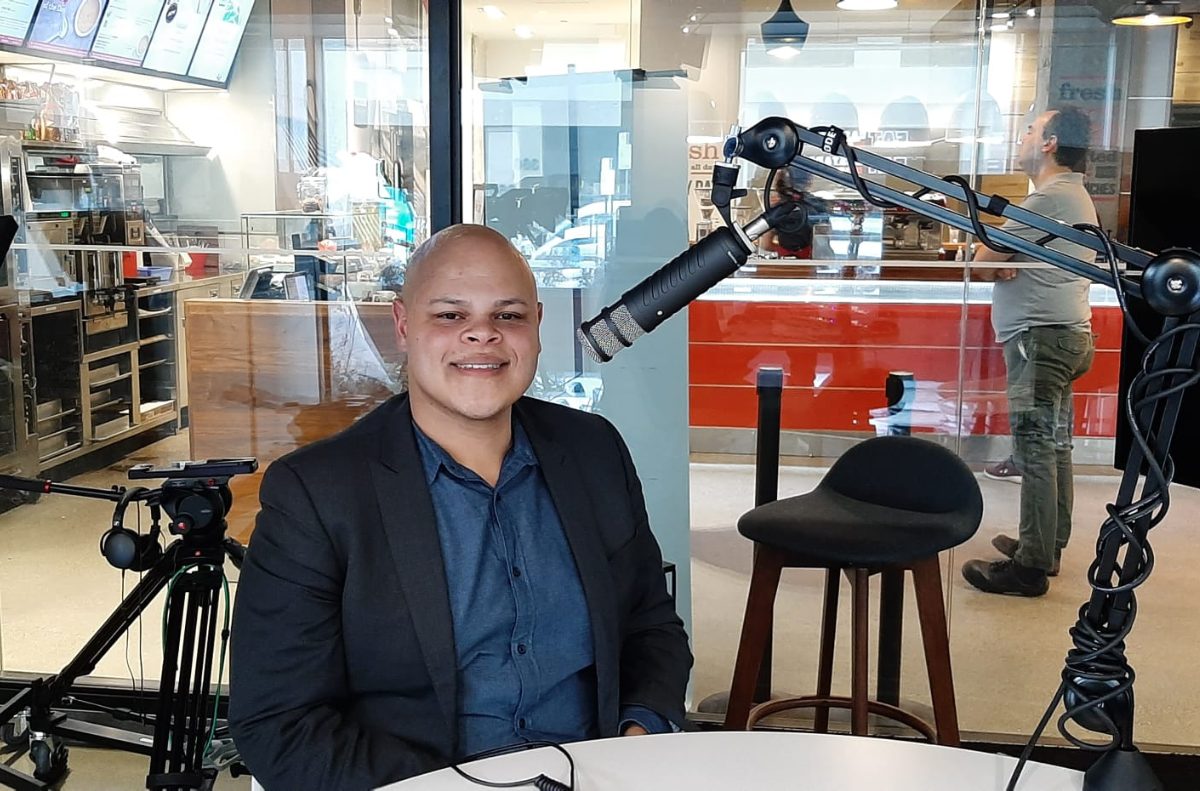As the largest media company in the nation, Bell Media has a major role in leading crucial conversations in Canada. Which is why many Canadians are disappointed that Bell Media is hindering their Bell Let’s Talk initiative this year.
Today is the 13th annual Bell Let’s Talk Day. It was founded in 2010 to lead conversations about mental health. For every text or tweet with #BellLetsTalk, Bell donates 5¢ to mental health organizations. The hashtag was used 165 million times last year, raising $8.2 million.
This year, however, Bell Media has stopped asking Canadians to share the hashtag on social media. And they’ve announced that they’re donating $10 million dollars to mental health organizations.
In a statement, Bell’s CEO Mirko Bibic said:
“As part of Bell’s own actions and to mark a new era for Bell Let’s Talk, a fundamental shift is taking place in this year’s campaign…and it will shift more emphasis on the day toward practical actions that we can all take throughout the year to create change.”
But like many Canadians, I’m not convinced. This looks like a fundamental shift to avoid emphasis on controversies surrounding the company.
The real reason why the most powerful media company in Canada suddenly doesn’t want to promote social media conversation about this crucial topic is seemingly because that would create more attention to the 3 lawsuits they’re currently facing for discrimination.
The lawsuit that is most disconcerting to me is Jamil Jivani’s—especially since I’ve been a guest on Bell Media’s Newstalk 1010 several times with Jamil Jivani and John Moore, respectively, to share my own experiences with racial discrimination.
Bell Media hired Jivani just weeks after the George Floyd incident in the summer of 2020. He was Bell’s only full-time black radio host until they fired him last January. In a viral article weeks later, Jivani said:
“What my experience made clear is that the company failed to consider what it would mean to sincerely engage someone from a black community, without expectations that we conform to the pressures of tokenism.”
According to Jivani, Bell made assumptions about his political views because of his skin colour. He says they consistently pressured him to fit stereotypes of a black man. Since he refused—they fired him.
Bell Media’s statement of defence actually corroborates Jivani’s account, they’ve admitted that including his positions on COVID, the vaccine, Justin Trudeau, and gender pronouns—they fired their only full-time black radio host because he “refused to participate in any of Bell’s DEI initiatives, suggesting instead that [Bell] ‘ought to demonstrate a commitment to true diversity: diversity of thought.’”
Considering the timing of his hiring and the reasons for his dismissal, it’s apparent that Bell Media wanted nothing less than a token black man who would repeat their woke talking points.
Meaning, Bell Media believes most black Canadians are unwelcome at their company.
Bell Media’s values are incompatible with the values of most black Canadians. In fact, since we’re mostly made up of first-generation and second-generation immigrants—black Canadians are arguably the most culturally conservative group in the country.
For that reason, the average black Canadian sounds more like Jamil Jivani than Bell Media.
Bell says Jivani violated their diversity policies when he didn’t call Demi Lovato by her preferred pronouns (they/them) because of his Christian beliefs. But since most black Canadians are Christians, Jivani represents the majority of black Canadians on this issue. Does that mean the majority of black Canadians are bigots? And since Demi Lovato has since returned to (she/her) pronouns, doesn’t that validate Jivani’s position?
Bell’s statement of defence also listed Jivani’s coverage of vaccine hesitancy as one of the reasons why they fired him. This is especially troubling because Jivani was essentially the only Bell Media personality addressing why vaccine mandates were harmful to black Canadians.
Black Canadians are the most vaccine hesitant people in our nation. So the vaccine mandates created disparities that disproportionately increased unemployment, anxiety, and depression for black Canadians. Yet despite their supposed support for mental health and “diversity, equity, and inclusion”—Bell Media fired Jivani for his inclusive coverage of vaccine hesitancy.
Bell Media’s actions against Jivani exposes their insincerity on racial discrimination.
There are too many institutions like Bell Media in Canada—institutions that eagerly dispose of black Canadians when they discover we’re not willing to be tokens for their leftist agenda.
That’s why they fired their only full-time black radio host. So Bell, let’s talk about racism.

